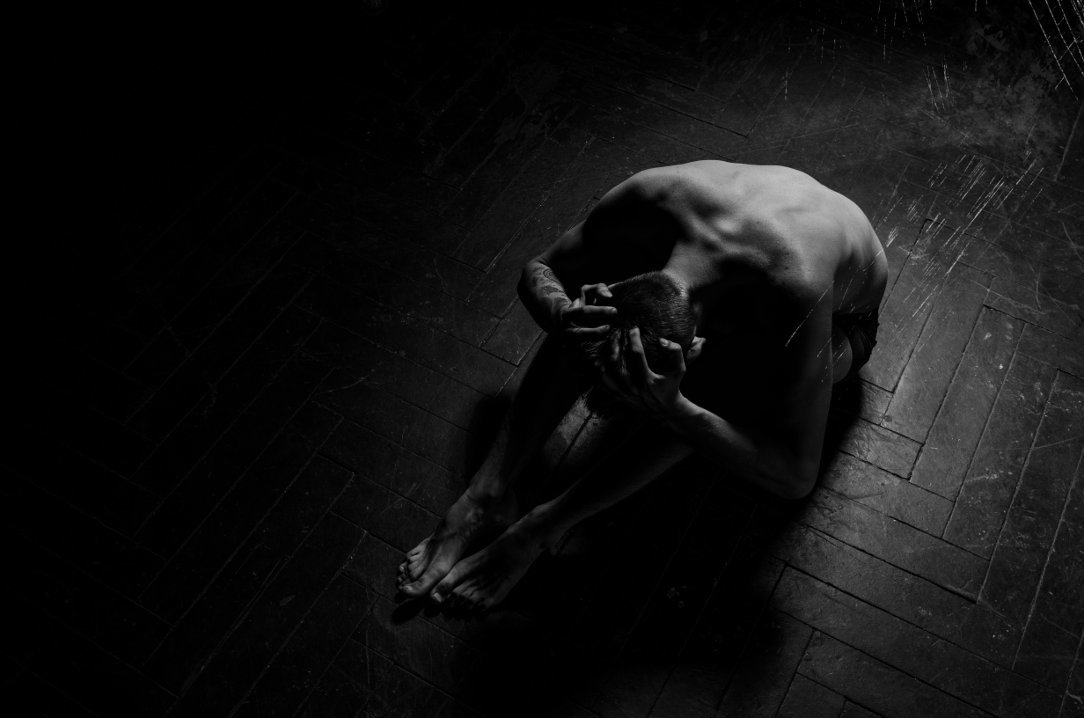Branwin

A bright rectangle of light fell on the cold stone floor, and Branwin blinked. How long had it been since he’d seen light? He squinted up at an iron door that hadn’t opened for centuries.
“Branwin.” A hooded figure stepped over the threshold.
Branwin tried to use his lips, but they were like rusty hinges and he could only manage an inarticulate squeal.
“Not mad yet, I hope.” The figure chuckled, pulling back the hood to reveal the face of a man. Branwin scurried like a spider into a dark corner.
Branwin didn’t like him. There was something about the man that touched on uncomfortable memories. If only he’d go away and close the door behind him. But instead he came closer, until he loomed over Branwin, teeth gleaming like knives. Branwin’s inhuman eyes flitted back and forth between him and the walls.
“I need your help, Branwin.”
A flare of strange memories, bursting in Branwin’s head. Shards like stained glass. Memories of a life before the dark, before he’d been transformed into this creature of the shadows in exchange for immortality.
“I see I have your attention,” said the man, and he knelt beside Branwin, as if he were a dog who needed to be reminded that his master still loved him. “I know it’s difficult to talk, so just listen.”
Branwin’s eyes locked on the man’s, so human, so unlike his own. He squatted on all fours, braced to run.
“You made a foolish bargain,” the man continued, “The choice was yours, of course, and if I could have left you here alone I would have. But times have changed. The Republic is crumbling. Old barriers are failing, and people of your power and skill have become valuable.”
A spark in Branwin ignited, a furious hatred that erupted like an active volcano.
“This form you assumed shouldn’t have been possible. The most powerful mages of our time believe you are only a legend. You not only changed your shape, you changed your essence, your soul. Not a change for the better, I would say, but I digress.”
The man set a hand on Branwin’s disfigured shoulder, and an internal spring uncoiled. Branwin pounced, slamming him into the moldering wall.
“I could kill you,” Branwin hissed, the first words he’d uttered in over seven hundred years. It was all coming back to him now.
Surprisingly, the man laughed. “Yes, my old friend, I have no doubt you could. But don’t you wonder, dear Branwin, how it is that I still live?”
Branwin blinked. His humanity was coming back to him, and with it his curiosity.
“I’m not immortal, alas, but I’ve lived for centuries so far and will live for many more, all while retaining that which is essential to my humanity. I could teach you how. There are other ways to prolong life, most not nearly as…unfortunate as the path you chose.”
Something reminiscent of hope surged through Branwin. His inhuman state seemed on the verge of shattering, and he wondered if that would be such a bad thing.
“Come,” said the man, holding out his hand. “Let me fix you.”
Branwin gazed up at him with slitted eyes. He considered the possibilities, his forgotten humanity blossoming at long last, and after a timeless moment of silence in the dark, he took the man’s hand and let him pull him to his feet.
Enter your email address and click "Submit" to subscribe and receive The Sign.
